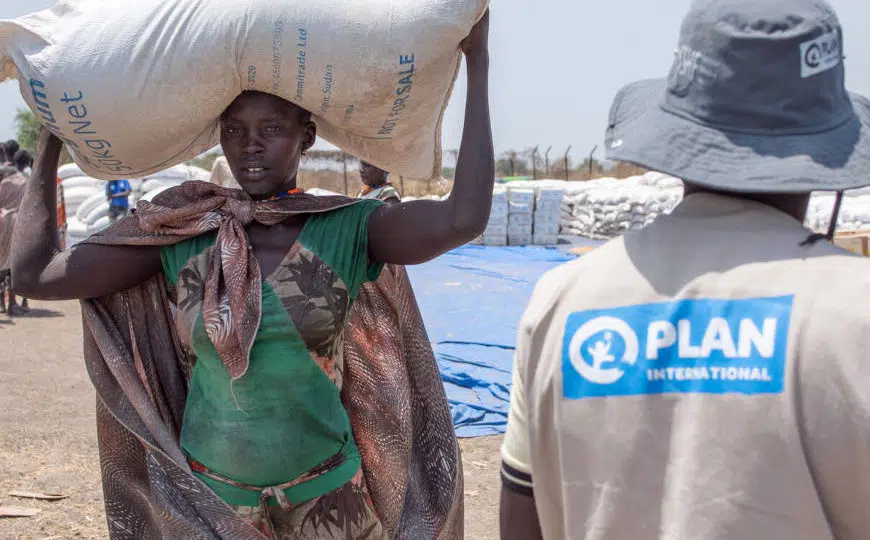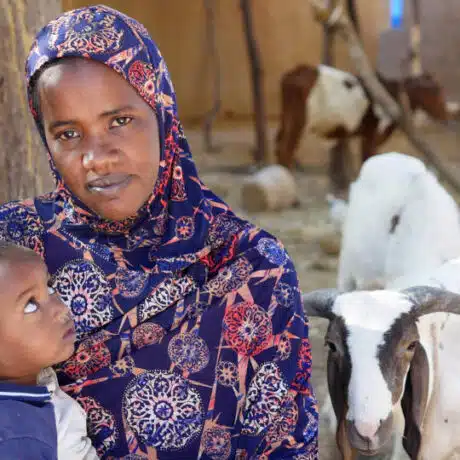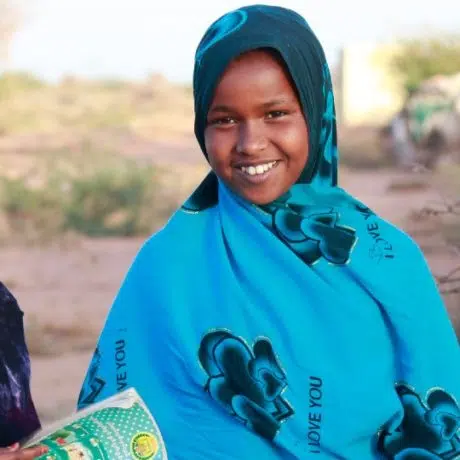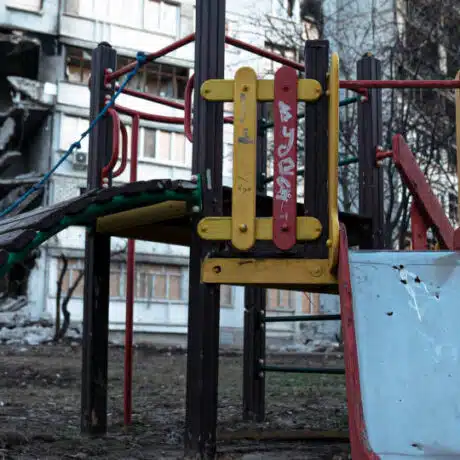News and Stories - Food - 24 February 2017
Five things you need to know about the South Sudan famine

Earlier this week, the United Nations declared a state of famine in parts of South Sudan. This is the first time famine has been declared anywhere in the world in the last six years.
A famine is a very serious emergency. Plan International is scaling up its operations in South Sudan to provide extra food and humanitarian support to try to prevent this famine from escalating as many other areas of Africa are under food shortage stress.
Our CEO Ian Wishart was on the ground in Africa to respond to the last two famines – here, he shares five things you need to know about the escalating crisis.
1. Famine is an urgent emergency.
It is important to understand just how serious a declaration of famine is.
The United Nations is very reluctant to use the word famine because there are so many protracted food shortages happening around the world at any one time. For that reason, they have established some technical criteria about what constitutes a famine.
Those criteria are quite sobering. Number one is that four out of every 10,000 children are dying each day. You can imagine if that number of children were dying here in Australia simply from lack of food every day – there would be a national outcry.
The second criteria is that 20 per cent of people are unable to meet their daily food requirements. So this means going without food altogether, having to ration carefully, or using up every store of food. It means one in five people literally have nothing.
On top of that, 30 per cent of people need to be what they call ‘acutely malnourished’, which means that lack of food is affecting their daily lives to the extent where they can’t function properly. They can’t work or go to school or live normal lives.
Sadly, famine causes long-term significant health damages, particularly for children. Stunting damages the child’s intellectual and physical ability for the rest of their lives. These might be technical statements but they reflect tragic circumstance. Famine robs children of their potential and their future.
2. Signs are pointing to a widespread disaster equally as bad – or worse than – the Ethiopian famine in 1984
Famine is usually a combination of food and agricultural shortages caused by drought and political insecurity. If you go back to 1984 – which was the biggest famine in a generation – there was a very harsh drought compounded by the fact that normal food transfers and trade within the country was blocked by war. That created perfect storm for people to become isolated from food supplies and ending up completely destitute. It was only broken when BBC reporters were able to get into the country and expose what was happening to the whole world.
3. The conditions behind this famine are a ‘perfect storm’
The problem in South Sudan is that we have drought and ongoing conflict, and again we have this perfect storm brewing. In this case, we are seeing even more extreme climactic conditions brought on by climate change. Ongoing conflict breaks down the normal ability of people to trade their way out of trouble. People become stranded in isolated pockets where they do not have food and then they start starving to death. We are seeing almost exactly the same conditions now as we did in the lead up to Ethiopia in ’84 and Somalia in ’91.
Every year there are food shortages in all of these places, people are living with chronic undernutrition but this has gone on for a long time and is now developing into a more severe situation, which will have devastating impacts on children’s lives.
4. The South Sudanese Government must provide safe access for us to do our work.
We have to have resources to buy the food, move the food, and distribute it in an orderly way. We need the U.N to work with the Government to make sure we have safe passage to deliver the food. We’re going to need the resources of international governments. Because of the deteriorating political situation in South Sudan, we might end up needing to airlift food, which is very expensive. We want to move food while we can still move on the roads.
5. We have a short window to act so we can save millions of lives – we cannot wait until the tipping point.
We need everyone to understand this important fact: NOW is the time when we can stop people from dying from starvation. Now is the time when we CAN prevent children having their futures ruined. But now is sadly the hardest time to garner support because people simply can’t picture what’s happening.
It’s only later on when things are completely broken that we start to pay attention. It’s only when we start to see images of emaciated children hooked up to drips in white tents being attended by emergency doctors that people can fathom the horror of famine.
But by then most of the damage has been done.
We need the resources now, not tomorrow, not a year from now. We need to act immediately to prevent this famine from spreading.
With almost two decades of experience in South Sudan Plan International Australia is the leading provider of aid in the country. Learn more about our work in South Sudan.




